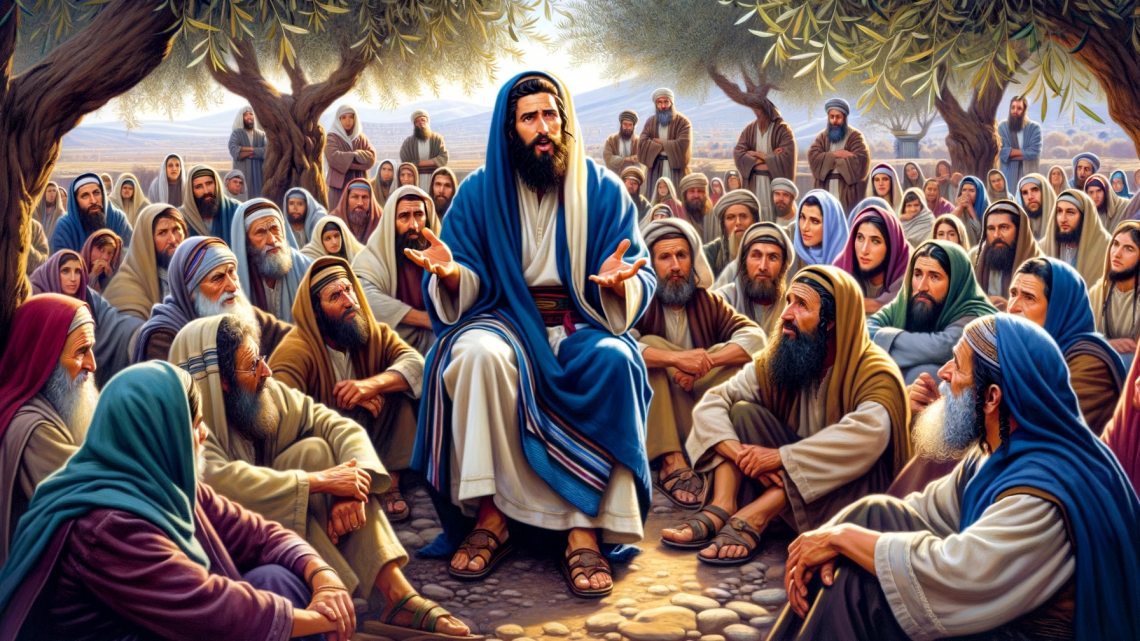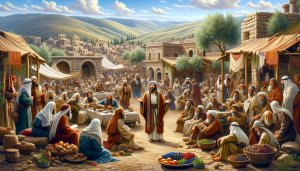“Yeshua (Jesus) was a Jew: Exploring the Jewish Roots of Christianity”


Introduction:
Did you know that the central figure of Christianity, commonly known as Jesus Christ, was born and lived as a Jew? Yeshua, as He is known in Hebrew, was not just a historical figure but a Jew deeply immersed in the traditions and teachings of His time. This article aims to delve into how Yeshua’s Jewish heritage profoundly influenced His life and teachings, shaping the very foundation of Christianity.
Historical Context:
Yeshua was born in Bethlehem, grew up in Nazareth, and preached in Galilee and Judea – regions rich with Jewish history and culture. During this era, Judea was under Roman occupation, yet Jewish religious and cultural practices thrived. Understanding this backdrop is crucial in grasping the depth of Yeshua’s teachings and actions.
Yeshua’s Jewish Identity:
The New Testament is replete with references to Yeshua’s Jewish practices. He celebrated Jewish festivals such as Passover, and His teachings often referenced Torah law. For instance, when asked about the greatest commandment, Yeshua quoted directly from the Jewish Shema, “Love the Lord your God with all your heart and with all your soul and with all your strength” (Deuteronomy 6:5).
Influence on Teachings:
Yeshua’s parables and teachings were steeped in Jewish tradition. His use of parables, a common Jewish teaching method, and His deep engagement with the Torah and the Prophets show His teachings were not in isolation but a continuation and fulfillment of Jewish thought.
Early Followers:
The first followers of Yeshua were Jews who believed Him to be the promised Messiah of their scriptures. The book of Acts in the New Testament details how these Jewish followers continued to worship at the Temple in Jerusalem and observe Jewish laws and customs, highlighting the Jewish origins of Christianity.
Implications for Modern Believers:
Understanding Yeshua’s Jewish roots is not just an academic exercise; it can deeply enrich Christian faith. It bridges the gap between Old and New Testaments, highlighting a continuity in God’s plan. For believers today, this understanding fosters a deeper appreciation for the Jewish tradition and its significant role in Christianity’s foundation.
Conclusion:
Yeshua’s life as a Jew is not just a historical fact but a foundational aspect of His identity that shaped His mission and teachings. As modern-day followers of Christ, exploring these Jewish roots does not detract from our faith but enriches and deepens it, allowing us to see the complete picture of God’s redemptive plan through Yeshua, the Jewish Messiah.
References:
To further explore this topic, readers are encouraged to consult works by biblical scholars and theologians who specialize in Jewish-Christian relations and the historical context of the New Testament.

